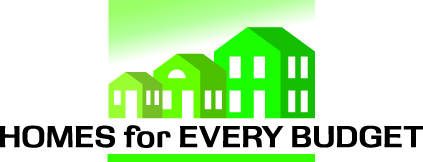When the County of San Diego’s 2019-20 budget is approved in June an appropriation of $25,000,000 will provide funding for affordable housing including transitional housing.
A 5-0 San Diego County Board of Supervisors vote April 30 referred the establishment of a $25,000,000 appropriation for affordable housing to the budget process while directing the county’s Chief Administrative Officer to identify the funding source.
The action also directed the CAO to revise the county’s Administrative Code to include transitional housing among eligible projects for the Innovative Housing Trust Fund and to indicate a preference for affordable housing projects in the unincorporated area of San Diego County.
“The investment of $25 million will help hundreds of individuals,” said Supervisor Greg Cox.
The Board of Supervisors created the Innovative Housing Trust Fund in 2017 with $25 million of county funding. The funding allows construction, acquisition, or rehabilitation of housing for low-income households and other vulnerable populations.
“This is an innovative private-public partnership,” said Supervisor Dianne Jacob.
The county funding is complemented by what developers invest, and the first $12 million of county funding provided subsidies for projects totaling more than $177 million. Those projects will provide 139 units in the San Ysidro area of San Diego, 85 units in San Marcos, 81 units in Vista, 54 units in Poway, 54 units in the Otay Mesa area of San Diego, and 52 units in the Southcrest area of San Diego.
The remaining $13 million of the initial $25 million has been committed to projects which will be selected in the near future.
The application deadline for use of that money was March 5.
Jacob noted that the first $25 million will provide affordable housing for more than 1,000 county residents and the new $25 million is likely to provide more than 1,000 residents with housing.
“Not a full solution, but certainly a step in the right direction,” she said.
Transitional housing programs are temporary programs which provide shelter and other supportive services primarily for homeless individuals or families with the goal of helping them to live independently and to become self-sufficient after they transition into permanent housing.
The participant length of transitional housing programs varies by individual programs but is usually between 60 days and 24 months. Transitional housing is usually provided in the form of single unit or group settings.
“I want to commend the inclusion of additional housing,” said Supervisor Jim Desmond.
The preference for projects in unincorporated communities reflects that cities can also provide local support while unincorporated regions rely exclusively upon the county.














